June 11, 2025
TL;DR
• Food-for-Thought: Many skilled consultants remain invisible because they try to be everything to everyone instead of clearly defining who they serve and how they serve them. The consultants who thrive have the courage to be specific about their positioning—becoming the go-to expert in their niche rather than a generalist competing on price, which makes every marketing effort and client interaction more powerful.
• Blog Post: Most consultants kill networking conversations with vague "I help" statements like "I help businesses with marketing." The secret to magnetic networking is crafting a razor-sharp statement that specifies exactly who you serve, what transformation you provide, and what concrete outcome they get—turning boring pitches into conversations where prospects lean in and ask for your card.
• Podcast: In this week's podcast episode, Ryan McGovern from Sales Haven shared his simple but effective LinkedIn strategy: max out daily connection requests while actively engaging with ideal clients' content through comments and likes before pitching. Consistent engagement plus regular content creation can make LinkedIn a powerful consulting lead source.
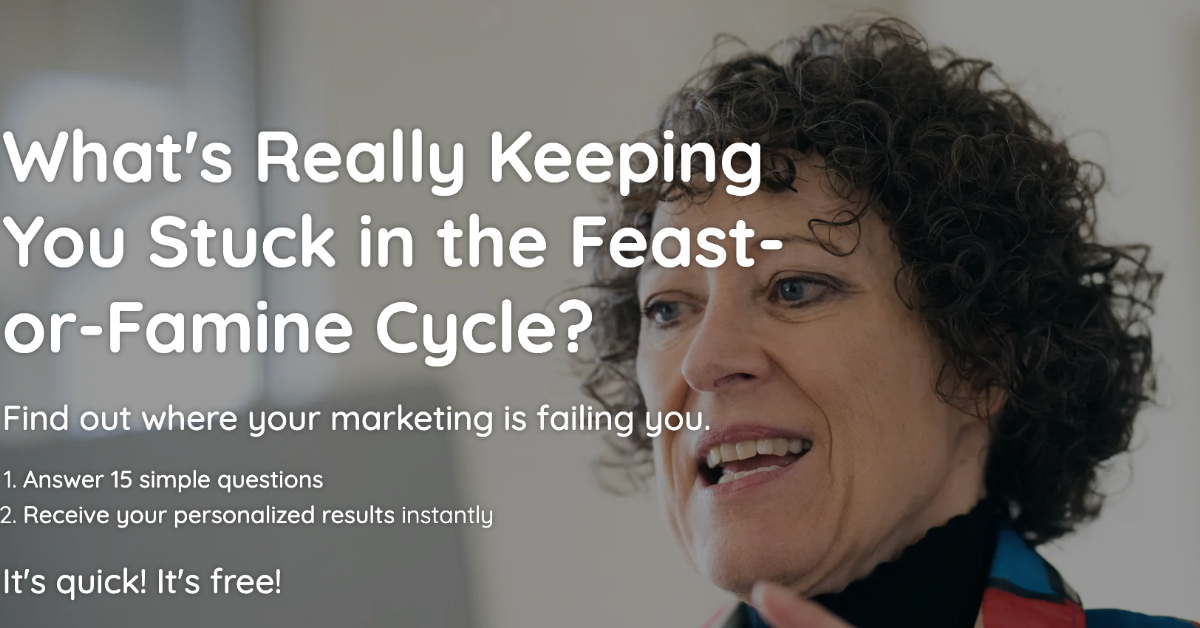
Click on the image to take the assessment.
My Two Cents Worth: The Invisible Consultant Problem
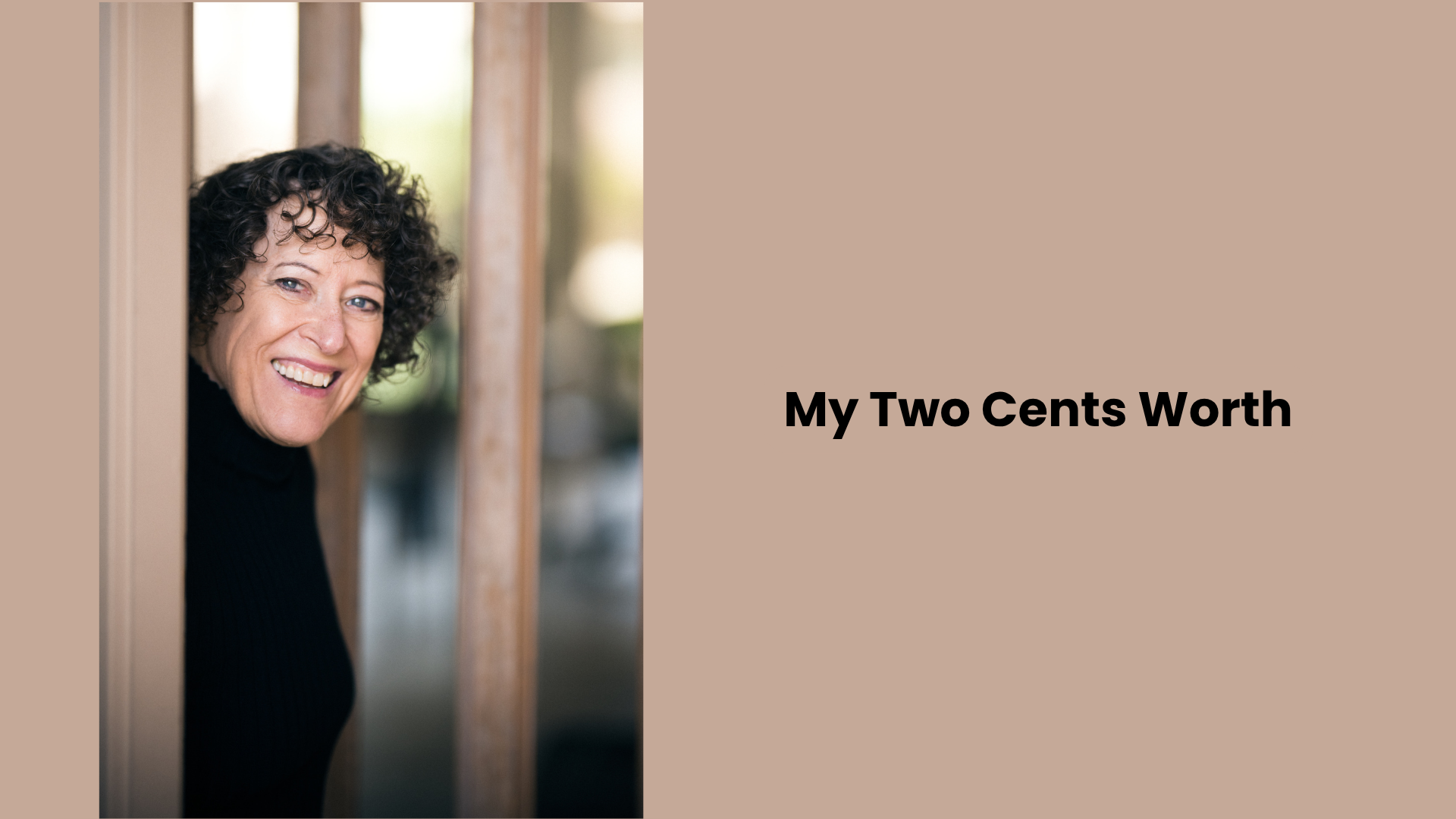
Here's a sobering reality check: You could be the most skilled consultant in your field, but if you can't clearly articulate who you serve and how you serve them, you're essentially invisible.
I've been thinking about this after conversations with many consultants who are frustrated with their marketing results. They're creating content, showing up on LinkedIn, attending networking events—doing all the "right" things. Yet they're still struggling to attract their ideal clients.
The common thread? They're trying to be everything to everyone.
Take Ryan McGovern's LinkedIn success story. His strategy isn't revolutionary—daily outreach, consistent engagement, regular content. What makes it work is that he knows exactly who his ideal client is and speaks directly to them. He's not trying to help "all businesses with sales challenges." He's a fractional sales director for specific types of companies.
This clarity doesn't just make his marketing more effective. It makes every interaction more powerful.
When you can say "I help SaaS startups scale from $1M to $10M ARR by building predictable sales systems" instead of "I help businesses grow," something magical happens. The right people immediately know you're for them. The wrong people politely move on. And you stop wasting time on prospects who were never going to buy anyway.
The fear, of course, is that being specific means turning away potential business. But here's what I've observed: the consultants who thrive are the ones who have the courage to be known for something specific. They become the go-to expert in their niche rather than a generalist competing on price.
Your expertise hasn't changed. Your ability to deliver results hasn't diminished. But your positioning—how you show up in the world—determines whether that expertise ever gets discovered.
The question isn't whether you're good enough. The question is: Are you clear enough?
What's the most specific way you could describe who you serve and the transformation you provide? The Thriving Consultant community would love to hear your refined positioning.
📊 NEW BLOG POST: The networking question that makes consultants cringe (and how to fix it)

You're at a networking event. Someone asks, "What do you do?"
Your heart sinks.
You mumble something about "helping businesses with consulting" and watch their eyes dart around the room looking for an escape route.
Meanwhile, the consultant standing next to you just said something that made three people lean in and ask for her card.
What's her secret?
A razor-sharp "I help" statement that cuts through the noise.
Most consultants think they need to cast a wide net to catch more fish. But here's what actually happens: when you try to appeal to everyone, you appeal to no one.
The brutal truth? Saying you help "small businesses" with "business consulting" makes you invisible in a crowded marketplace.
But when you can nail exactly who you serve, what specific transformation you provide, and what concrete outcome they'll get... everything changes.
Your networking conversations become magnetic. Your website visitors stick around. Your ideal clients practically raise their hands and say "that's me!"
I just published a new blog post that breaks down the exact formula for crafting an "I help" statement that makes prospects stop scrolling and start paying attention.
You'll discover the three fatal mistakes that kill most "I help" statements (and see real before/after examples that show the dramatic difference specificity makes).
What's your current "I help" statement, and how do people usually react when you share it at networking events? Share your thoughts and results with the Thriving Consultant community.
🎙️ NEW PODCAST EPISODE: LinkedIn Lead Generation: Lessons from a Fractional Sales Director
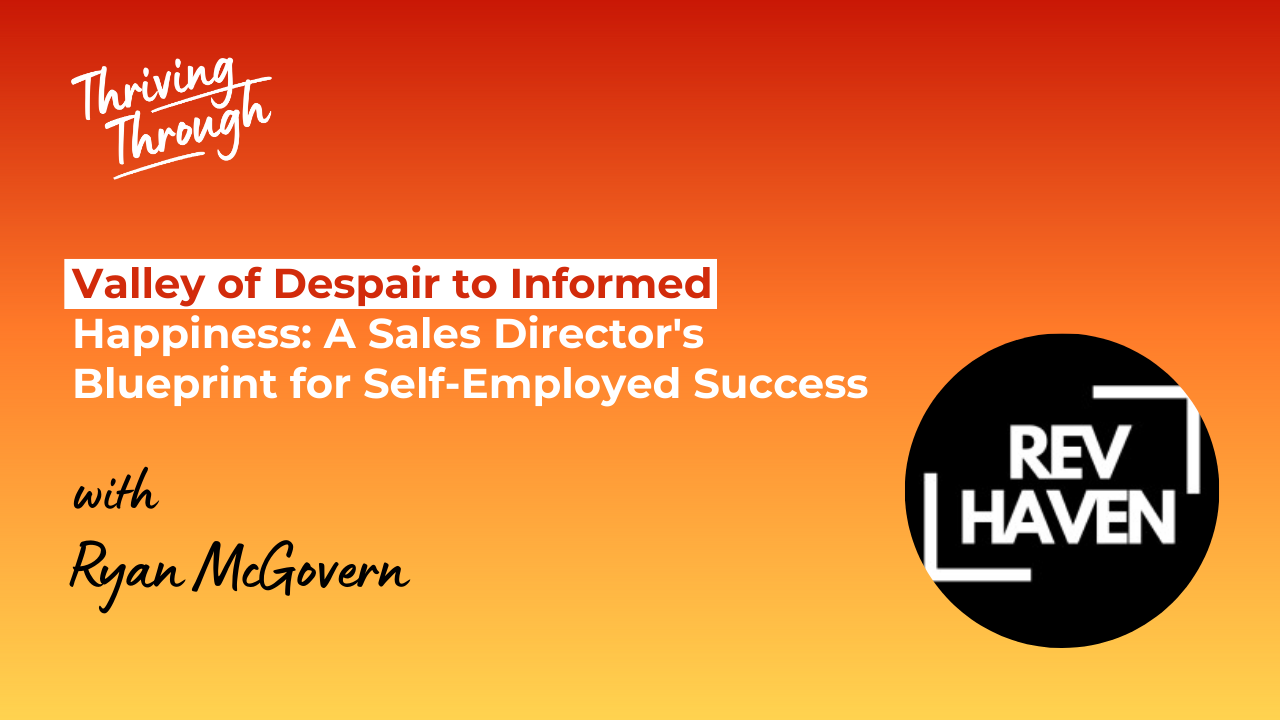
Here's the condensed version:
LinkedIn Lead Generation Strategy That Actually Works
In this week's Thriving Through Podcast episode, Ryan McGovern of Sales Haven shared his LinkedIn strategy that drives consistent consulting leads.
Ryan's Daily LinkedIn System Ryan maxes out connection requests daily and goes beyond typical prospecting by actively commenting on and liking posts from his ideal clients. This multi-touch approach builds familiarity before any sales conversation. Total time investment: 60-90 minutes daily for prospecting and content creation.
Why LinkedIn Works for Consultants LinkedIn reaches decision-makers when they're thinking about business challenges, allows relationship building through multiple touchpoints, and lets you target your exact ideal client profile with precision.
Key Takeaways
- Consistency beats intensity—daily activity compounds over time
- Engage with prospects' content before pitching
- Regular posting establishes credibility and authority
- You don't need expensive tools—focus on execution first
- Combine connection requests, engagement, and content for maximum impact
Ryan's approach proves LinkedIn can be your primary growth driver when you treat it as a relationship-building platform, not just a prospecting tool.
What's your experience with LinkedIn lead generation? Share your results with the Thriving Consultant community.

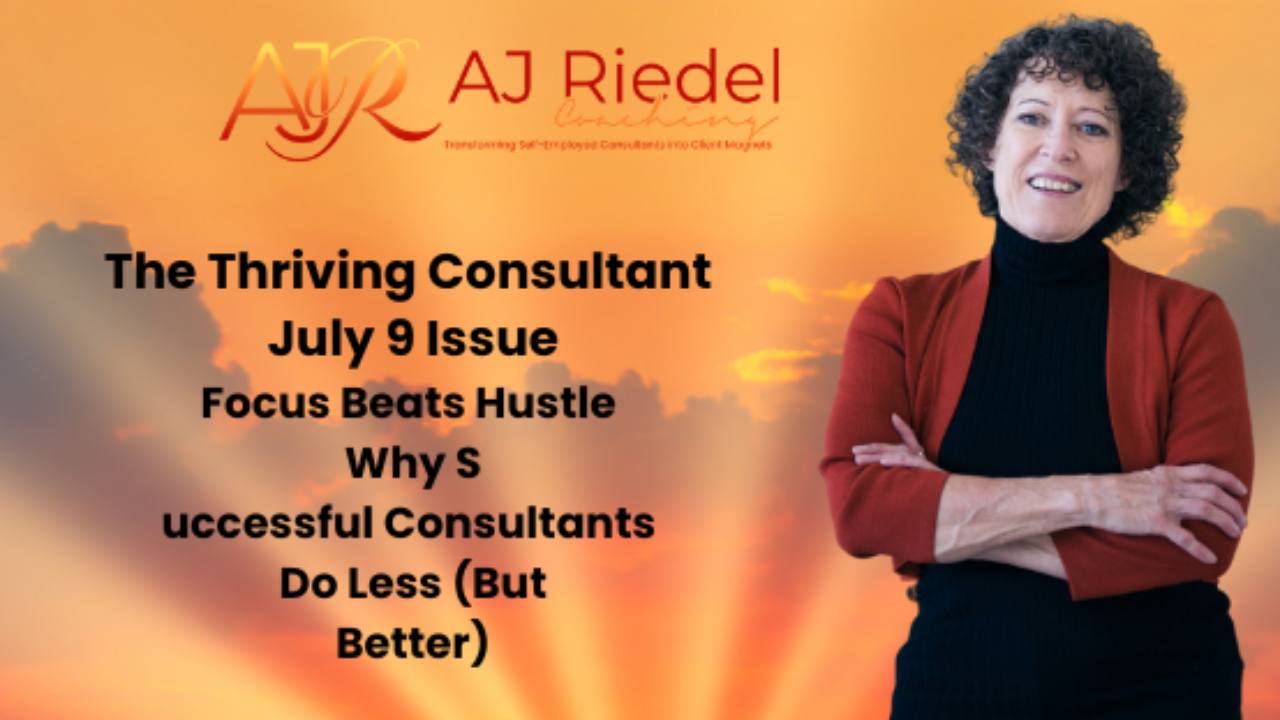
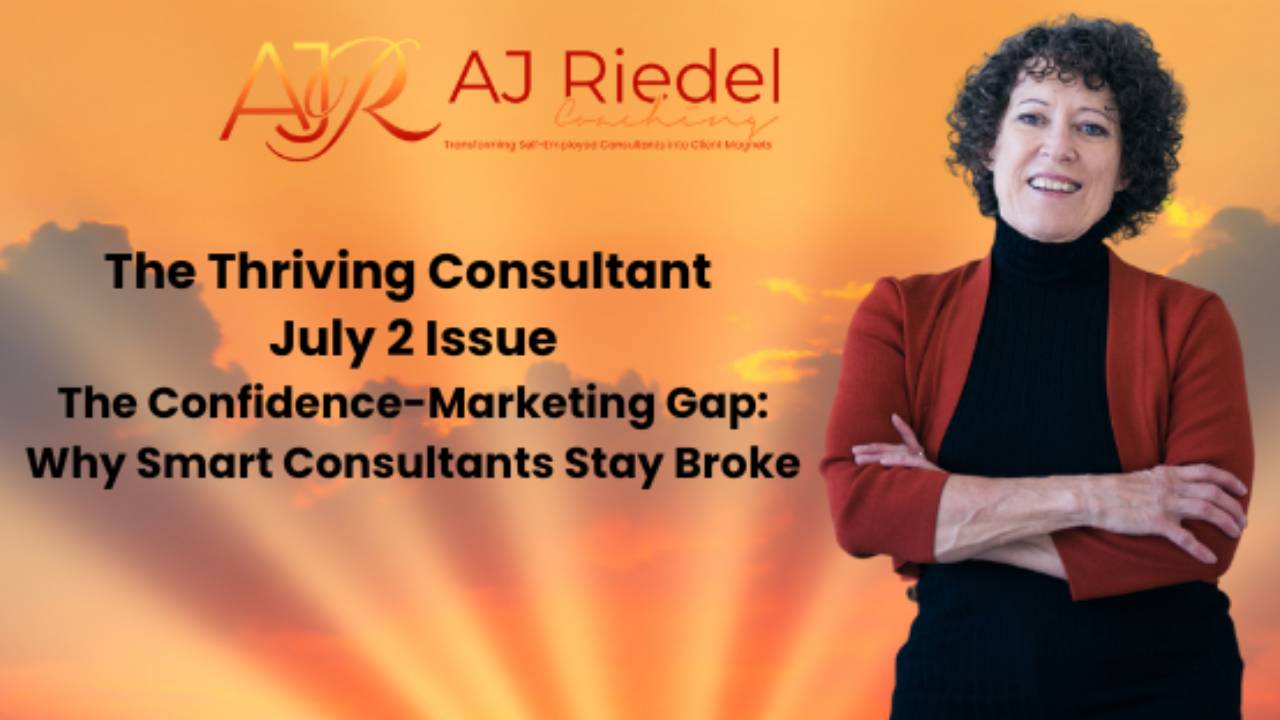


Responses